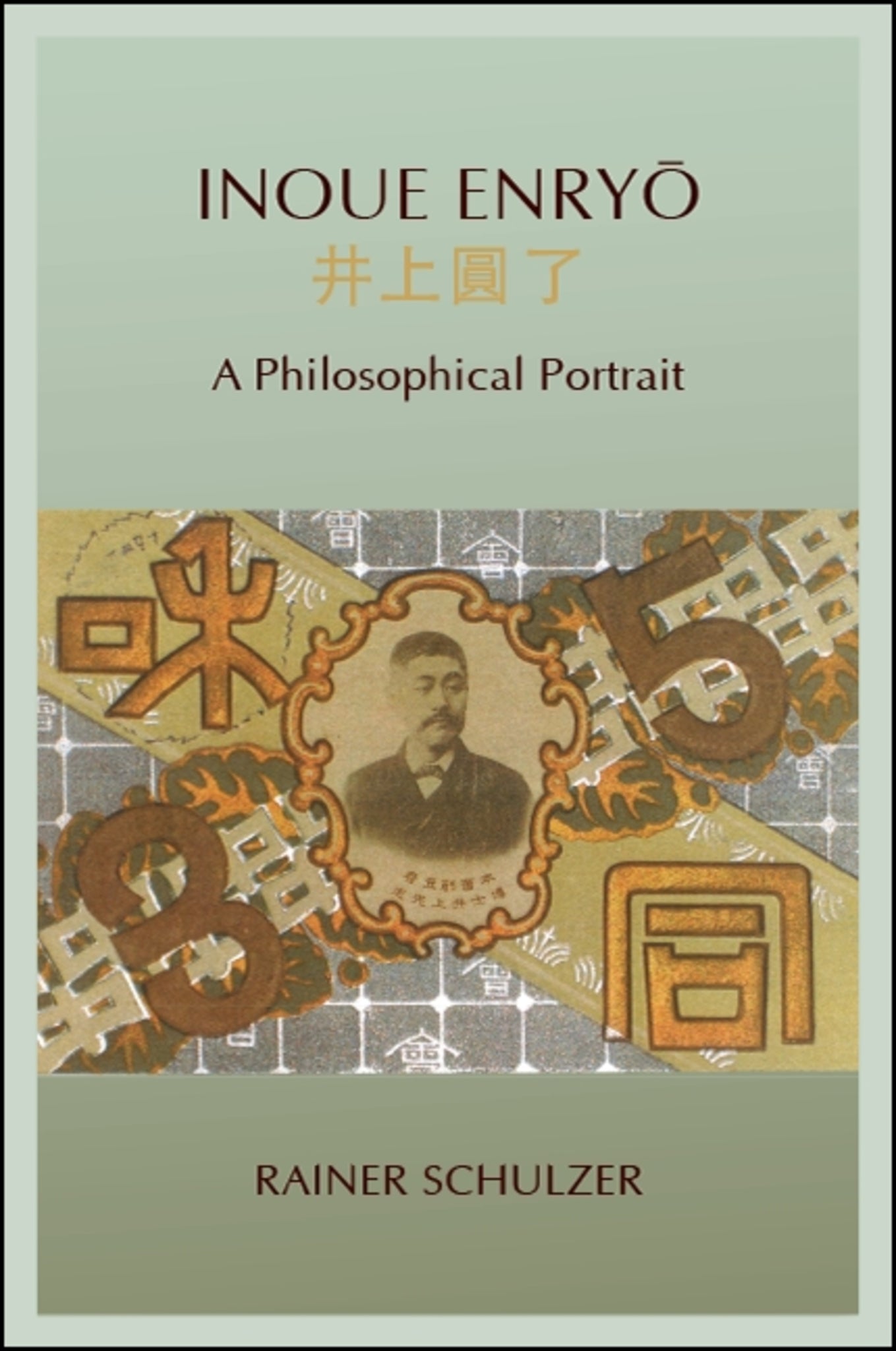We're sorry. An error has occurred
Please cancel or retry.
Inoue Enryō

Some error occured while loading the Quick View. Please close the Quick View and try reloading the page.
Couldn't load pickup availability
- Format:
-
01 February 2019

The first comprehensive treatment of Inoue Enryō, a pioneer of modern Buddhism and a key figure in the reception of Western philosophy in East Asia.
Rainer Schulzer provides the first comprehensive study, in English, of the modern Japanese philosopher Inoue Enryō (1858–1919). Enryō was a key figure in several important intellectual trends in Meiji Japan, including the establishment of academic philosophy, the public campaign against superstition, the permeation of imperial ideology, and the emergence of modern Japanese Buddhism. As one of the most widely read intellectuals of his time and one of the first Japanese authors ever translated into Chinese, an understanding of Enryō's work and influence is indispensable for understanding modern East Asian intellectual history. His role in spreading the terminology of modern East Asian humanities reveals how later thinkers such as Nishida Kitarō and Suzuki T. Daisetsu emerged; while his key principles, Love of Truth and Protection of Country, illustrate the tensions inherent in Enryō's enlightenment views and his dedication to the rise of the Japanese empire. The book also presents a systematic reconstruction of what was the first attempt to give Buddhism a sound philosophical foundation for the modern world.


"…[a] timely book … Schulzer's engaging work is highly relevant for those working on modern Japanese philosophy, and should appeal more broadly to any scholar with an interest in the development of the humanities in East Asia." — Frontiers of Philosophy in China
"This book is filled with interesting and important details about the unfolding of Enryō's life and the formation of his major works. Schulzer also develops broader themes in terms of Japan's intellectual and sociopolitical encounters with the West in light of the advent of its modern self-definition in the context of being part of a global arena for the first time." — Steven Heine, author of From Chinese Chan to Japanese Zen: A Remarkable Century of Transmission and Transformation
List of Illustrations
Acknowledgments
Introduction
Prologue
Part I. Toward the Eastern Capital
1. Imperial Restoration
2. Civilization and Enlightenment
3. The True Pure Land School
4. New Buddhism
5. Scientific Religion
Interlude on Occidentalism
Part II. The Love of Truth
6. A New Culture of Discussion
7. Language Modernization
8. Positive Truth
9. Tokyo University
10. The X-Club
11. Crossroads of World Philosophy
12. The Love of Truth
13. Upward Philosophy
14. In the Paradigm of Philosophy
Interlude on Enlightenment
Part III. The Protection of Country
15. The Truth and the Good
16. Man of the World
17. Education
18. Japanese Ethics and National Polity
19. Mystery Studies
20. The Philosophy Academy Incident
21. Crisis and Resignation
22. Darwinism and Empire
23. Late Life
Interlude on Progress
Part IV. The Philosophy of Buddhism
24. Not Kantian
25. Identity Realism
26. deus sive natura
27. Historical Critique
28. Living Buddhism
29. Peace of Mind
30. Religious Pragmatism
31. The Mahāyāna
32. Causality
33. Institutional Reform
Epilogue: In the Temple Garden of Philosophy
Abbreviations
Chronological Table of Inoue Enryō’s Life
Cited Works by Inoue Enryō
Chinese Translations of Inoue Enryō’s Works
Notes
Works Cited
Glossary of Sino-Japanese Terms
Index of Names and Western Terms



